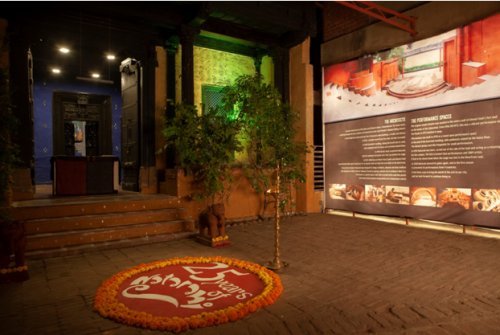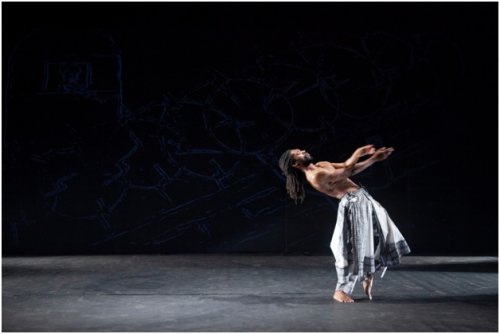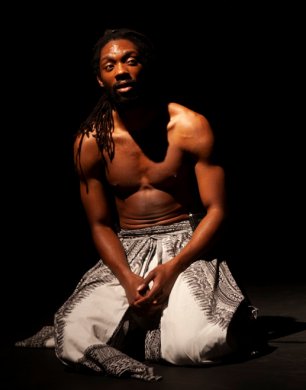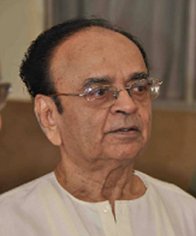
|   |

|   |
'Windows of Displacement' clicks with the audience - Dr. S.D. Desai e-mail: sureshmrudula@gmail.com January 6, 2020 With a singing voice that rings and rises skyward and moves across the spectators in the open-air Natarani auditorium in its silver jubilee year, Jamaican-born British actor Akein Toussaint Buck in Windows of Displacement, choreographed and performed by him, builds an instant rapport with them sitting in a semi-circle in close proximity on the chilly evening of 28th December. The voice is intense and carries conviction as from a first hand experience.   Going back and forth, now he gives autobiographical details, now details from the history of his ancestors, now from the contemporary world, from Jamaica, Britain, the Congo, from any country irrespective of its geographical location, from your own if you can see through. He brings home to all, catching them unawares, that his subject is politics eating away our personal freedom, our identity, the meaning of our existence as a free-born human. Politics is upon us, he seems to tell us right from behind our neck, and as we the people must resist it. Toussaint's style is unique. In fifty-five minutes of his compact solo performance, he uses songs for authenticity, chats with the audience in good humour, gives them a couple of words to sing after him to get their participation and appreciates it. He uses light and dark and sounds to create a sense of exploration. He uses silence, apparently to mark a transition and subtly for his communication to sink in both intellectually and emotionally. He makes strides, suggesting a passage of time and place as it were and he employs folk dance movements and physical theatre to recapture events and action. The versatile trained actor resourcefully demonstrates how every limb of the human body can be a medium of dramatic expression involving a wide spectrum of moods, emotions, events and their significance - head, face, eyes, hands, legs, shoulders and torso. He darts, sways, swirls, twists, twirls, jumps; he washes himself, gets thrashed, travels, goes up like a rocket, lies supine, lies prostrate, crouches, straightens himself slantwise, stands astride, collapses like a sack, drags and what not. It is the body more than the words that create images of bondage, humiliation, suffering, torture, submission, resistance and 'freedom'.  The text is terse, getting suggestive at times. The sun shone bright when he was born and a cool breeze felt fresh. He sees himself as a free spirit in the perspective of the Milky Way and the solar system. The inhuman systems like politics, economy, capitalism, narrow nationalism on this earth, take any country, however suck and try to strip you of all vestiges of your free identity. Survival creates an illusion of freedom. His protest song catches the audience's imagination. Audience empathy gets expressed through unsuspected gestures. The performer has given the audience a couple of words from his protest song to echo and support his singing from time to time. The audience spontaneously varies the pitch and mood of their response to match them with the performer's. Towards the end, he is supposed to be holding a baby in his hands. He looks at the audience and asks if any woman would like to hold and keep the baby. In a second or two a young woman, Sarita, rises goes to him, tenderly receives the baby and with it returns to her seat! Earlier he had created a 'selfie moment' - to have one with "someone you don't know". How significant, all the three calls and responses! Subtly they stress the core of the performer's message. During the last minute or so of his performance, he is to say, 'Be a mother to another.'  Dr. S.D. Desai, a professor of English, has been a Performing Arts Critic for many years. Among the dance journals he has contributed to are Narthaki, Sruti, Nartanam and Attendance. His books have been published by Gujarat Sahitya Academy, Oxford University Press and Rupa. After 30 years with a national English daily, he is now a freelance art writer. |